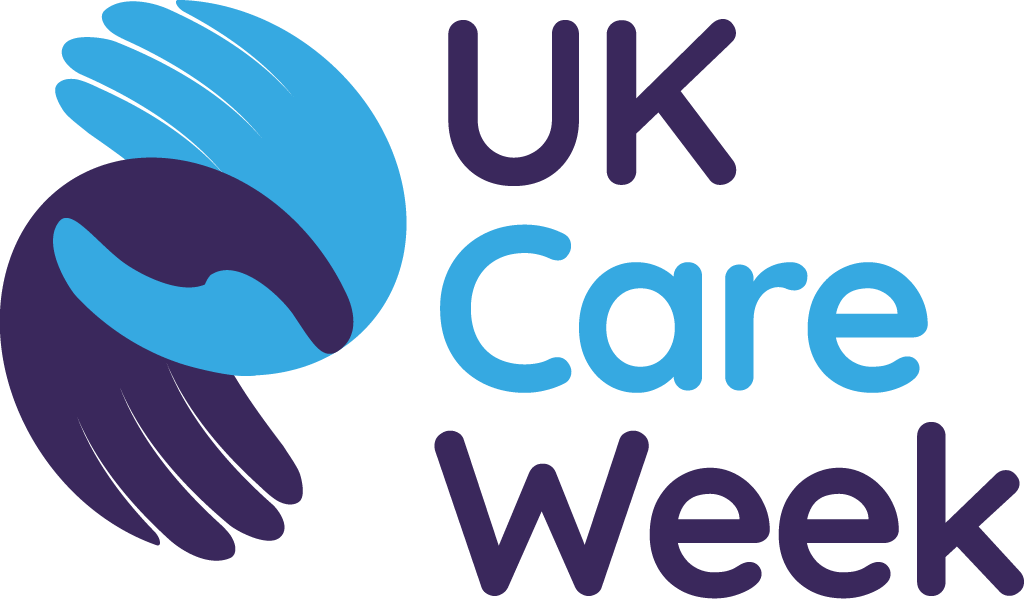CARE SECTOR RESPONDS TO LORD DARZI'S REPORT
)
The social care sector stepped into September with cautious optimism for reform, following the publication of Lord Darzi’s investigation of the NHS.
Lord Darzi, an academic surgeon who holds the Paul Hamlyn Chair of Surgery at Imperial College London, completed his immediate review on behalf of the government in just nine weeks.
What we learned is that the NHS is in ‘serious trouble’ and that public satisfaction with the NHS is at a record low. In the report, Lord Darzi highlights that social care “is a vital service in its own right, helping people with disabilities, and all of us as we age, to lead full and independent lives for as long as possible” but the National Care Forum (NCF) say this value has simply not been recognised, nor has it been invested in. Care England said that ‘with around 10% of care home residents receiving NHS-funded Continuing Healthcare and over 76,000 in receipt of Funded Nursing Care, the relationship between social care and the NHS is clear. Social care services not only feed into NHS outcomes, but they also hold solutions that can prevent hospital admissions and ease discharge processes. The current failure to act decisively means that immediate action is needed to address the failing NHS and its impact on social care.’
The Association of Directors of Adult Social Services (ADASS) said ‘social care must be at heart of any plans to create a ‘neighbourhood NHS’, otherwise we’re at risk of failing to deliver this once-in-a-generation opportunity to transform health and social care.”
Professor Vic Rayner, OBE, Chair of The Care Provider Alliance (CPA) welcome the report’s emphasis on the part community services play in providing care, and highlighting the difference in funding models, and access to care and support services; all these need to be addressed to enable people to live the life they want to live, safe and well in their own community, regardless of where they live.
Speaking to BBC Breakfast News on Monday 16th September, leader of the Liberal Democrats, Ed Davey said, “Something that the Lib Dems spoke about in the election is making sure that people have care in the community so they can get quicker healthcare, more GPs, more NHS dentists, supporting community pharmacists on the high street to make sure people don’t go to A&E instead, when they come out of the hospital, they can get the care in the community that they need.”
In June, the CPA proposed six essential actions to develop, deliver and sustain a care and support system which enables people to live independent, fulfilling lives and actively contribute to the wider community. These included:
- Work together with people who need care, family carers, care providers and the care workforce to shape care and support for all.
- Plan and sustain investment in high-quality, accessible support now and in the future.
- Recognise, support and reward the care workforce and promote care work as an attractive, valued career.
- Ensure equal access to care and support, especially for marginalised communities.
- Support genuine integration, with care providers as equal partners.
- Invest in digital and data innovations that improve outcomes for people and support the sector to use them safely.
Recent analysis from the Kings Fund shows the cost of providing care has substantially increased over the past 20 years: in 2022/23, the total expenditure on adult social care by local authorities was £28.4 billion, up £2.7 billion compared with 2010/11, and nearly half of that spent is on support for working adults.
In their submission to the Investigation, the Local Government Association highlighted that the vacancy rate in adult social care is nearly three times that of the economy as a whole. Lord Darzi’s findings report that ‘With each passing year, the gap grows between those in need and those receiving publicly funded care. This places an increasingly large burden on families and on the NHS. The impact on the NHS has been more people staying in hospital for longer than their medical needs require them to be there. This means older people have been stuck in acute hospital wards rather than in facilities better suited to their needs – The impact of delayed discharges is equivalent to 13% of all NHS beds.
Key findings in the report also revealed that more than 2,000 people with severe learning disabilities and/or autism continue to be detained in inpatient mental health settings. The 2024-25 NHS Planning Guidance re-states the target to reduce inpatient numbers by 50% but this is in the context of failure to meet 2014, 2019, 2020 and 2024 targets. Current estimates suggest that it may not be achieved until 2030—and the charity, Mencap believes it will be later than that.
There have been positive developments with more mental health patients receiving physical health checks. In their submission to the Investigation, the Royal College of Psychiatrists pointed out that there had been an annual increase in physical health checks. There has also been a significant expansion in access to perinatal mental health services. However, according to the RCPsych, there were an estimated 130,400 premature deaths among adults with severe mental illness during 2020-2022, compared to an estimated 100,476 in 2015-2017. According to a submission from the Royal College of Psychiatrists, more than a third of single rooms across mental health and learning disability sites in 2022-23 lacked ensuite facilities, amounting to more than 6,600 patient rooms. Many patients stay in these facilities for months at a time, and some for many years.
In responding to Lord Darzi’s report, Mark Winstanley, Chief Executive of Rethink Mental Illness, said, “The government must reprioritise mental health and work not only to address the crisis right ahead, but also grasp the power of prevention. Additional investment into community services now would spare future generations from inevitable and damaging struggles to access essential and life-changing mental health support, and put the NHS on a more sustainable footing.”
There is also reference and detail on unpaid carers. Emily Holzhausen CBE, Director of Policy and Public Affairs at Carers UK, said, “We are delighted that the Darzi review has recognised the role of carers and has recommended 'a fresh approach' which regards unpaid carers both as people with their own needs where caring is a significant factor in their lives, but also as a provider of care who should be treated as an equal partner. We and our members who are unpaid carers, look forward to working with the Government and the NHS to look at the NHS Plan and the biggest reimagining of the NHS yet."
In conclusion, Lord Darzi comments that we need a ‘social care system that is far from supporting the scale of needs of the population.’
Visit the UK Government website to download the report in full.



